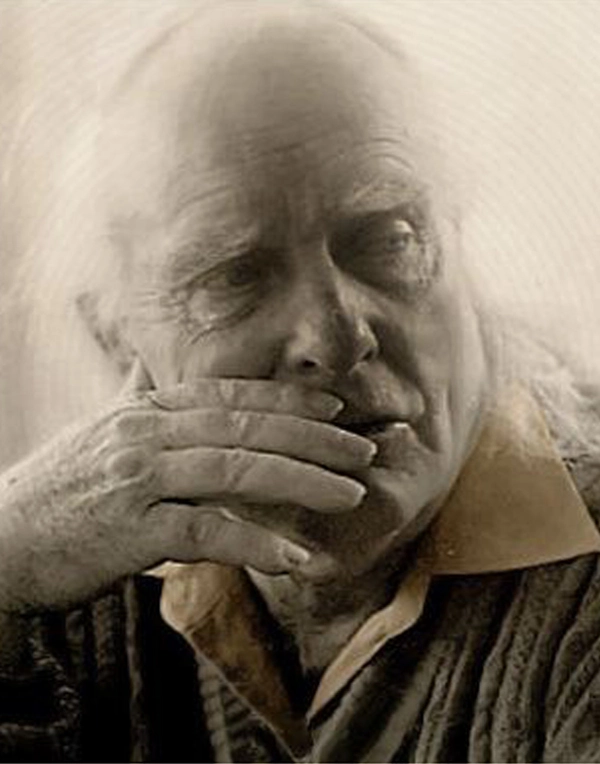
Paul Grice
13 March 1913
28 August 1988 (aged 75)
Paul Grice is most famous for his ingenious work in philosophy of language, and has made significant contributions to metaphysics, ethics, to the study of Aristotle and Kant, linguistics and artificial intelligence.
His lectures and unpublished manuscripts had been broadly influential, including his best known: William James Lectures at Harvard in early 1967 which were publicized unofficially until they were printed as part of Studies in the Way of Words.
Early Life and Education:
Herbert Paul Grice was born on March 13, 1913 in Birmingham, England. He received firsts in classical honours moderation (1933) and literae humaniores (1935) from Corpus Christi College, Oxford.
After a year teaching in a public school, he returned to Oxford where, with a nearly five-year interruption for service in the Royal Navy, he taught in various positions until 1967 when he moved to the University of California-Berkeley. He taught there past his official 1979 retirement until his death in 1988.
Contributions and Achievements
Paul Grice is worldly known for his Theory of Implicature and the Cooperative Principle.
The theory of conversational implicature, which was a focus of the James Lectures, came into view for the first time in his paper “The Causal Theory Of Perception” in 1961. Grice observes that in conversations an utterance could be divided into what the speaker states explicitly and what the speaker conveys indirectly through what one says.
There are four types of implicature: conventional implicature, conversational implicature, generalized conversational implicature, and particularized conversational implicature.
What Grice calls “Conversational Cooperation” is when people unite, without understanding it, to mutually bring a conversation to a conclusion. This is what happens between us and the people we are talking to.
He expanded the principle with the following four conversational maxims: 1. The maxim of quantity: saying no more or less than what the conversation needs. 2. The maxim of quality: the person must not say something one believes is false or something one has no evidence for. 3. The maxim of Manner: the utterance is not supposed to be vague or hazy but clear and brief, and 4. The maxim of relation: what is uttered must be relevant.
Grice’s collaborative paper with Peter Strawson: “In Defense Of A Dogma” was the most celebrated one during his time and was broadly printed over and over again.
The paper defends the analytic-synthetic distinction in opposition to Quine’s attack in his book: “Two Dogmas Of Empiricism”.
Grice provided the beginning of a theory of meaning starting with his 1957 paper “Meaning” and elaborated in later papers (Grice 1968, 1969, 1982).
Paul Grice’s differentiation between meaning and use has been applied many times in philosophy, linguistics and artificial intelligence.